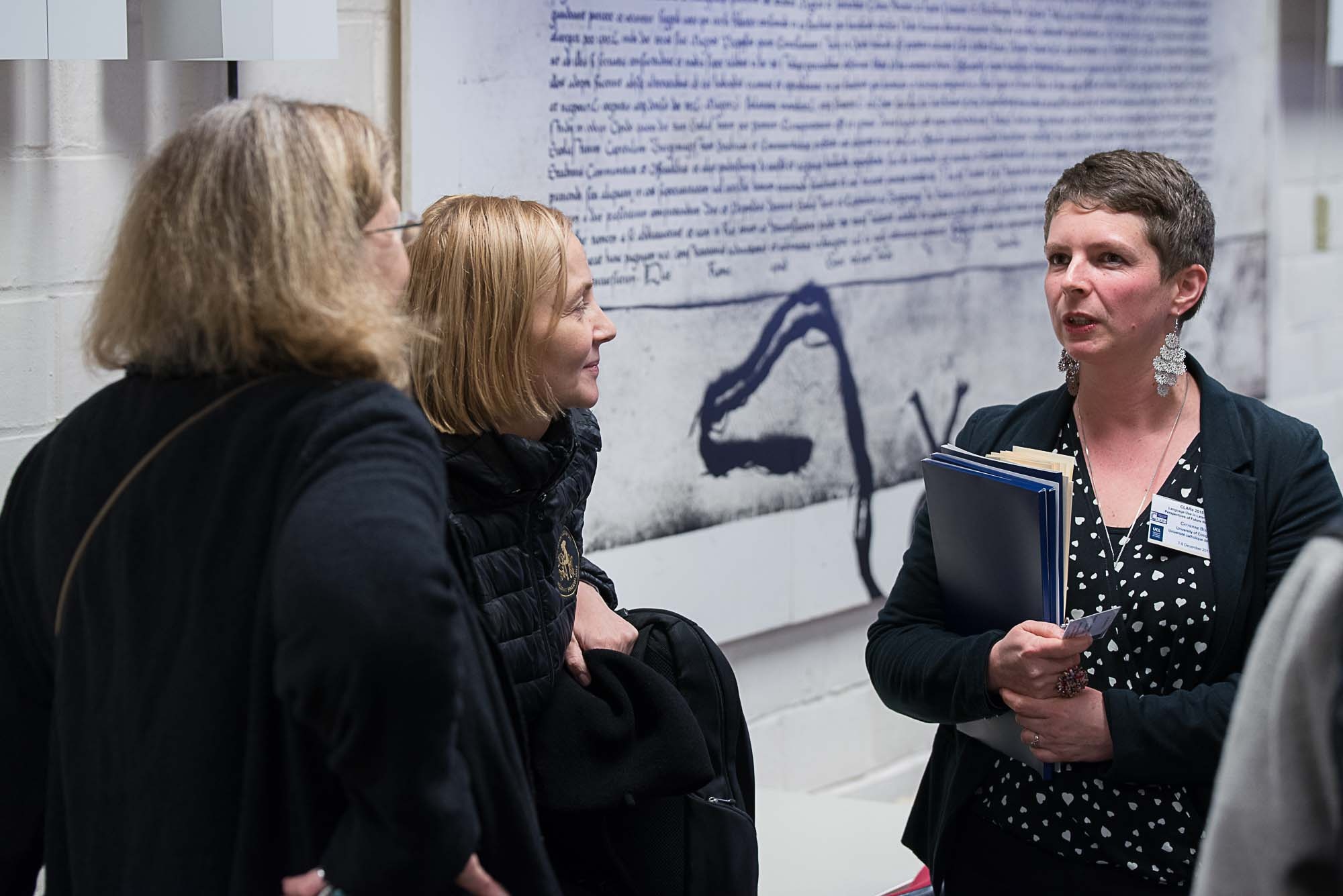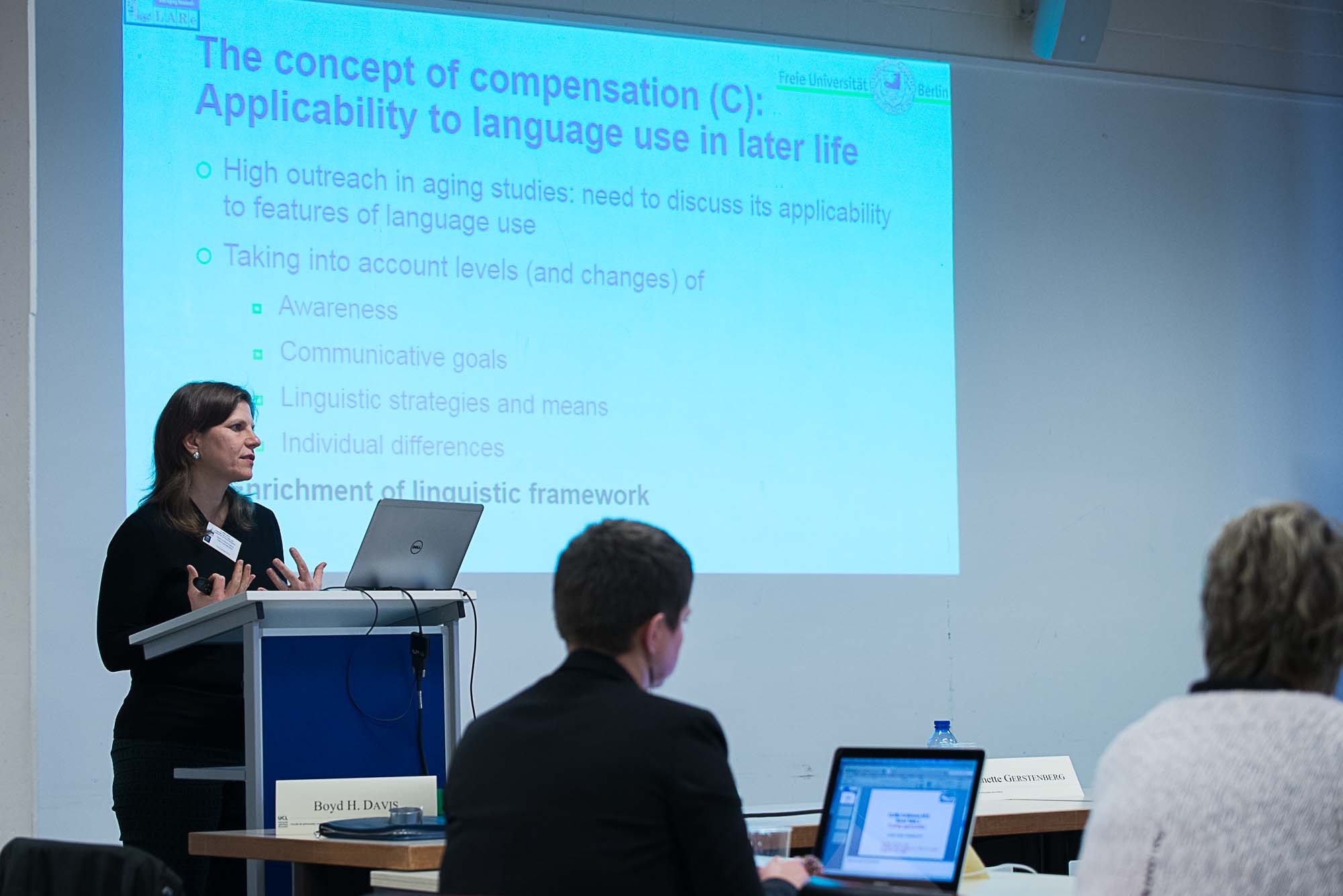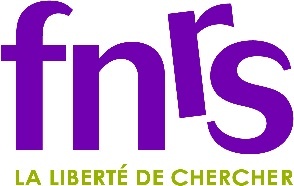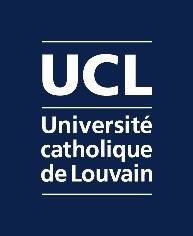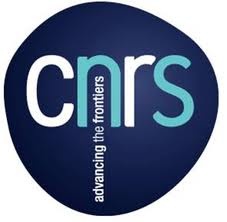International Research Workshop CLARe 2015 "Language Use in Later Life"
7, 8, 9 December 2015, University of Louvain (Louvain-la-Neuve, Belgium)
Program: HERE / Abstracts: HERE
Twitter #CLARe
Summary Day 1
Summary Day 2
Summary Day 3
Pilot Committee: Dr. C. T. Bolly (Universität zu Köln & University of Louvain), Prof. Dr. A. Gerstenberg (Freie Universität Berlin)- Org. Committee: Prof. P. Feyereisen (University of Louvain), Dr. L. Meurant (University of Namur), Prof. A. C. Simon (University of Louvain)
- Keynote speakers: Dr. V. Charlot (Namur), Prof. B. E. Davis (Univ. North Carolina), Prof. H. Hamilton (Georgetown Univ.), Dr. C. Lindholm (Elsingfors Univ.), Prof. A. Wray (Cardiff Univ.)
Summary (EN / FR)- Program
- Abstracts
- Venue: How to reach Louvain-la-Neuve?
- Accommodation
Summary
[Français plus bas] With the participation of leading experts in the field, the workshop aims to focus on the theoretical implications of empirical work as conducted by CLARe's projects (Corpora for Language and Aging Research), in order to develop the outlines of future collaboration in this young but cutting-edge domain of research in linguistics and aging. Although important studies on related subjects have been published since the 1940s, the field of studies on language and age and its relationships has remained marginal to date in linguistics. Contrary to the demographic situation of contemporary societies, where the older age groups take part in a wide range of social activities, the older people are underrepresented in sociolinguistic panels. While in psycholinguistics ‘normal aging’ has turned out to be an important issue, it still has not obtained the status of ‘normal’ issues in linguistic research areas concerned with empirical data, as in sociolinguistics, corpus linguistics, discourse analysis, and pragmatics. The workshop aims to confront the challenges of situating research on age-related topics in the broader spectrum of linguistic fields and to promote interdisciplinary and cross-linguistic exchange. Summarizing the results reached so far will help to sharpen the questions of future research:
- What are the theoretical assumptions in the different fields of linguistics?
- What are the expectations on data usable in different disciplines?
- What contributions can we expect from linguistic research to a general theory of aging: selection, optimization and compensation (Freund & Baltes 2002), individual and age-specific variation (Labov 1994), cognitive evolutions (Kemper 2015), interaction (Coupland/Coupland 1990)?
- How to make results in language and aging research transferable and useful for healthcare professionals, caregivers, relatives, and the seniors themselves?
The academic program combines programmatic keynotes, the presentation of PhD projects, Data Sessions (speech, gesture and Sign Language corpus data), and Round Tables focusing on the most urgent research desiderata and the planning of joint future research projects.
***
[English above] Avec la participation d’experts internationaux, ce Workshop a pour objectif d’interroger des thématiques centrales en vieillissement langagier, en faisant la part belle aux études empiriques basées sur l’observation de données langagières réelles. Par la mise en contact d’experts provenant de champs disciplinaires complémentaires, voire transversaux ((neuro-)psychologues, linguistes, médecins, soignants, etc.), des pistes de collaboration future seront explorées, visant le développement d’un réseau international et interdisciplinaire au sein du champ émergent de la recherche en linguistique et vieillissement.
Au vu du processus actuel de vieillissement de la population, force est de constater que les seniors jouent un rôle prépondérant dans l’équilibre socio-économique, culturel et identitaire de nos sociétés contemporaines (et futures). Or, bien que de nombreuses études aient vu le jour depuis les années 1940 (principalement en pathologie du langage), les études en linguistique sur les questions connexes au vieillissement langagier restent très marginales. Ainsi, si le « vieillissement normal » est désormais une thématique usuelle en psycholinguistique, son étude n’est pas encore une « thématique normale » en linguistique de type empirique (sociolinguistique, linguistique sur corpus, analyses du discours, etc.).
Le Workshop se propose de confronter différentes approches du langage en usage chez les aînés, afin de promouvoir des échanges interdisciplinaires et internationaux dans le domaine. Les questions clés qui guideront les journées de travail sont :
- Quelles sont les notions théoriques fondamentales situées à l’intersection de la recherche en vieillissement et des sciences du langage ? En particulier, quels sont les fondamentaux spécifiques aux sous-champs de la linguistique dans le domaine?
- Quelles sont les attentes respectives concernant l’utilisation de données empiriques dans les différentes disciplines scientifiques ?
- Que peut apporter la recherche en linguistique au champ global du vieillissement : sélection, optimisation et compensation (Freund & Baltes 2002), variation individuelle ou liée à l’âge (Labov 1994), changements cognitifs (Kemper 2015), interaction (Coupland/Coupland 1990)?
- Comment rendre des résultats de recherche en langage et vieillissement utiles, transposables et applicables sur le terrain, en particulier pour les professionnels de la santé, les soignants, les proches, et les seniors eux-mêmes ?
Le programme des journées inclut des présentations plénières par des experts internationaux issus de champs disciplinaires divers, la présentation de recherches doctorales en cours, l’organisation de sessions de travail sur des données langagières réelles (support : français oral, multimodal et langue des signes), ainsi que des tables rondes portant sur trois thématiques cruciales (sources de financement, pistes de recherche, et transférabilité recherche/terrain) en vue de prioriser la recherche future et de faire émerger des projets de recherche communs.
Sponsors
